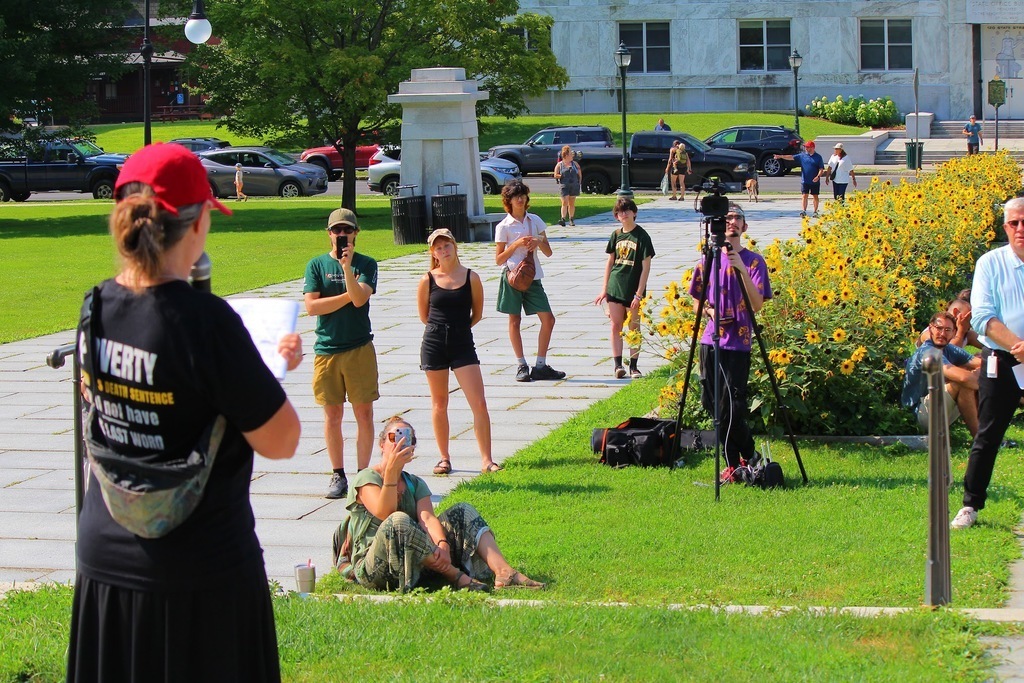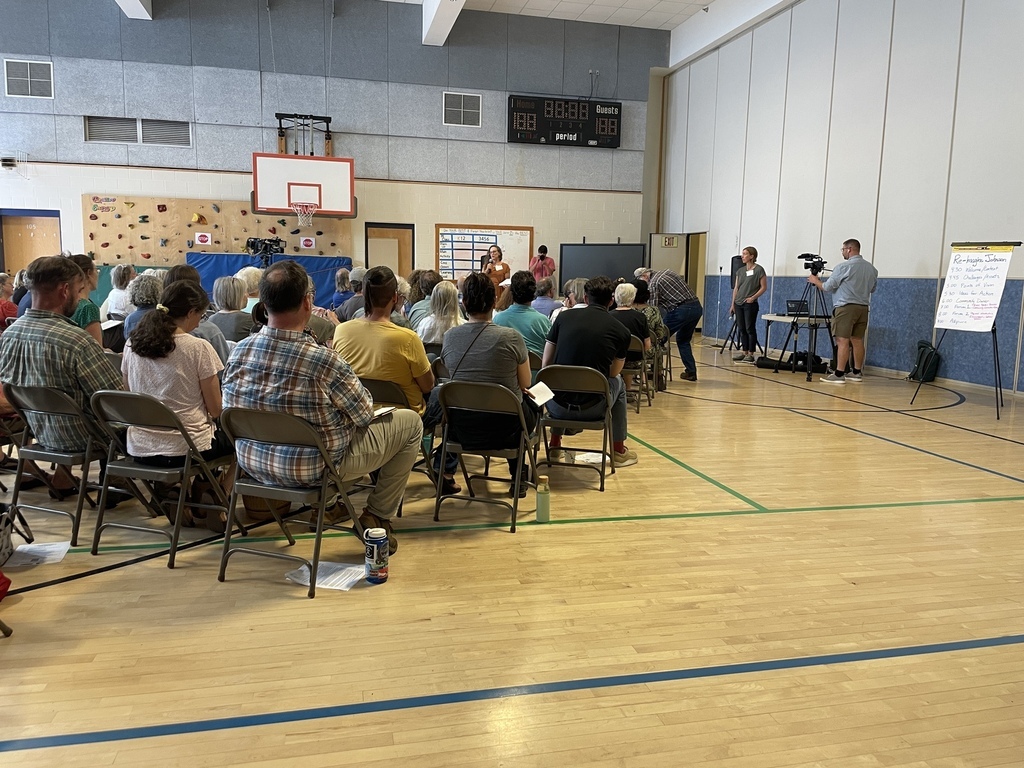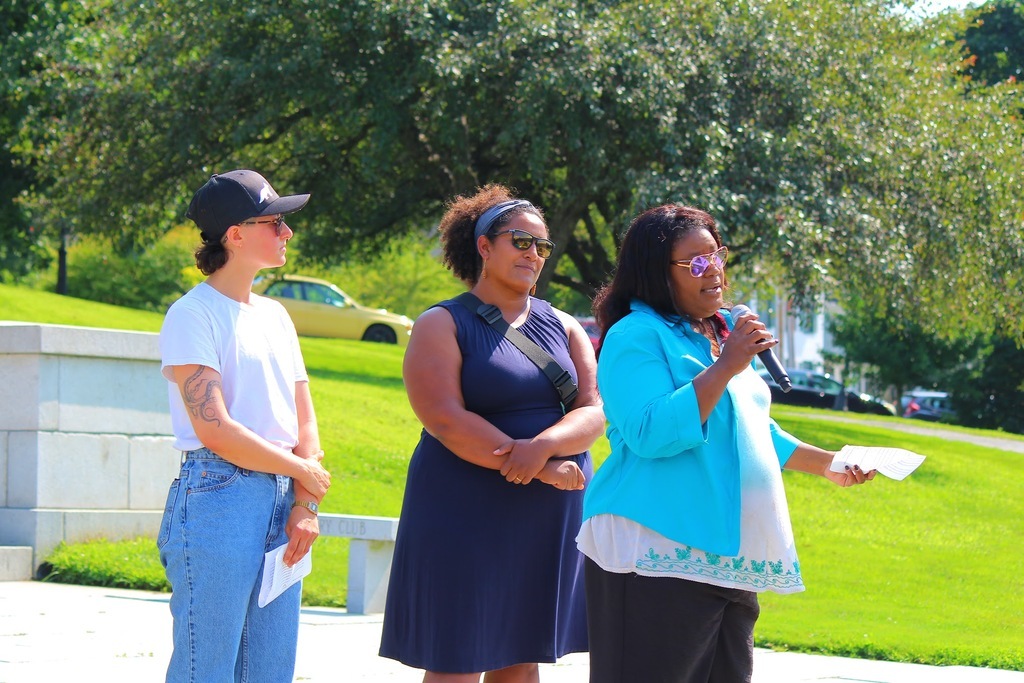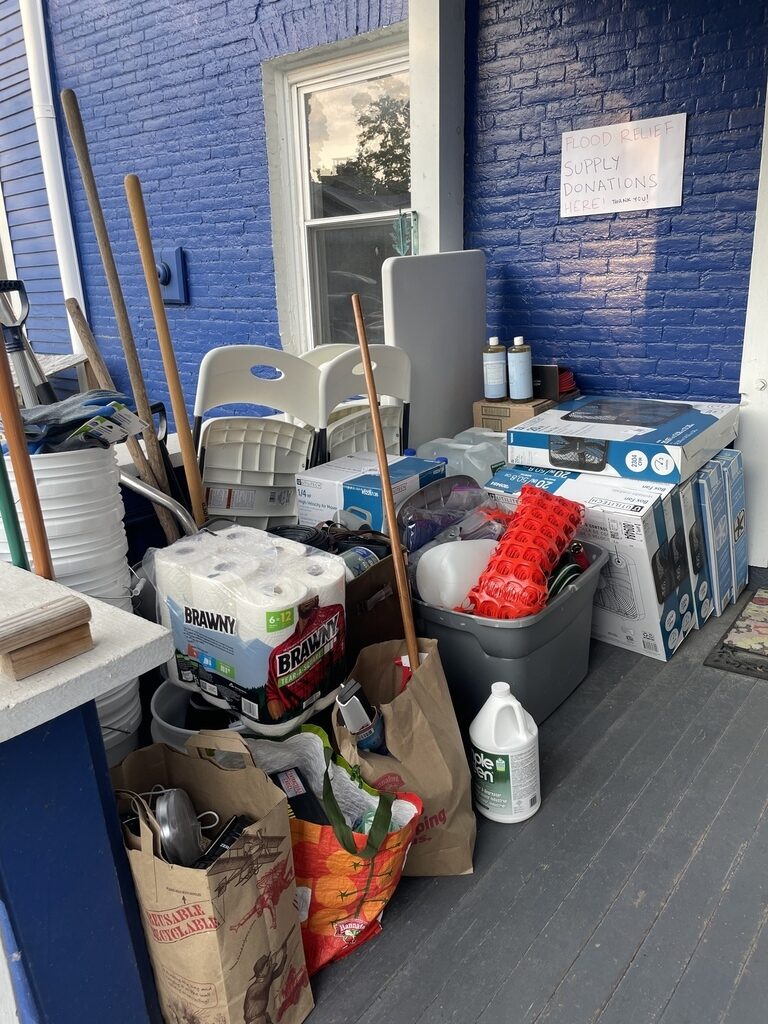Community Resilience Organizations (CROs) emerged after Hurricane Irene in 2011. We’re a grassroots organizing hub and technical assistance provider committed to climate and racial justice. We are a fiscal sponsor; a connector of community care and resilience networks; and a convener of targeted coalition organizing that generates cultural change.
CROs creates resources and frameworks to help communities build local and regional resilience. The infrastructure CROs provides to grassroots efforts makes transformative work possible, and enables diverse organizing to thrive. Our work and that of our fiscally sponsored projects brings into view a vision of a safe, equitable, and resilient future for Vermont.
Check out our 2024 Annual Report for a fuller picture of our work.



Our mission
Community Resilience Organizations empowers and collaborates with community partners to nurture the growth of resilient communities working at the intersections of climate and racial justice. We tend to this work with tenacity, flexibility, and love.
Our Values
Care & connection
CROs emphasizes fierce love towards our earth and the living beings who inhabit it. We share our values for a just and restorative future for humanity with our collaborators. We practice community care, transparency, accountability and flexibility to strengthen our organization and communities.
Stewardship of resources
CROs acknowledge the power and responsibility of stewarding resources – natural, social, emotional, spiritual and financial. We believe in abundance, trust that our needs will be met, and practice generosity with our community.
Boldness & tenacity
CROs trusts people’s lived experiences and seeks to create conditions in which we can thrive. We make space for boldness and tenacity as we determine what is possible.
Grounded in context
CROs operates in context of unfolding fast and slow crises, with steadiness and readiness for emergent change.


